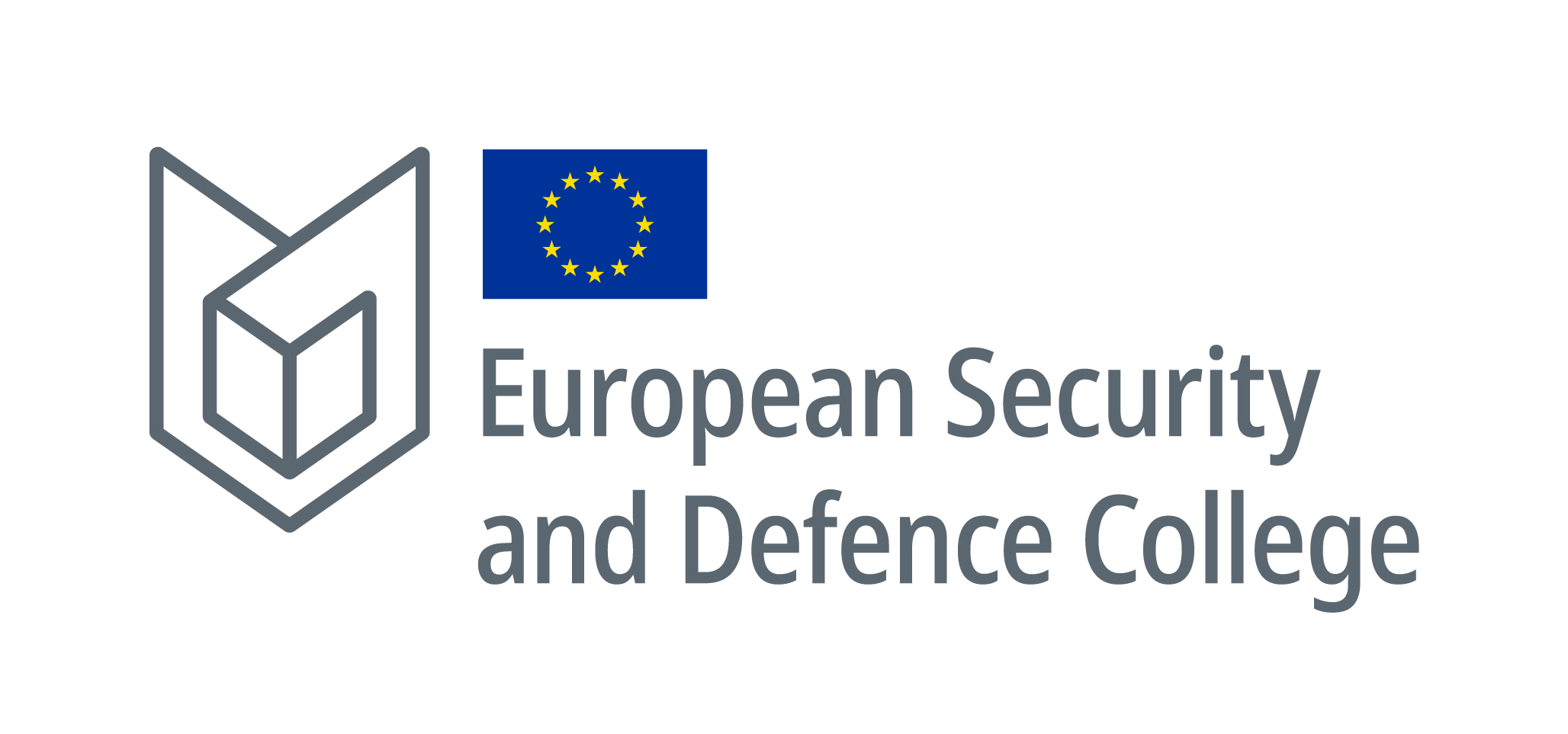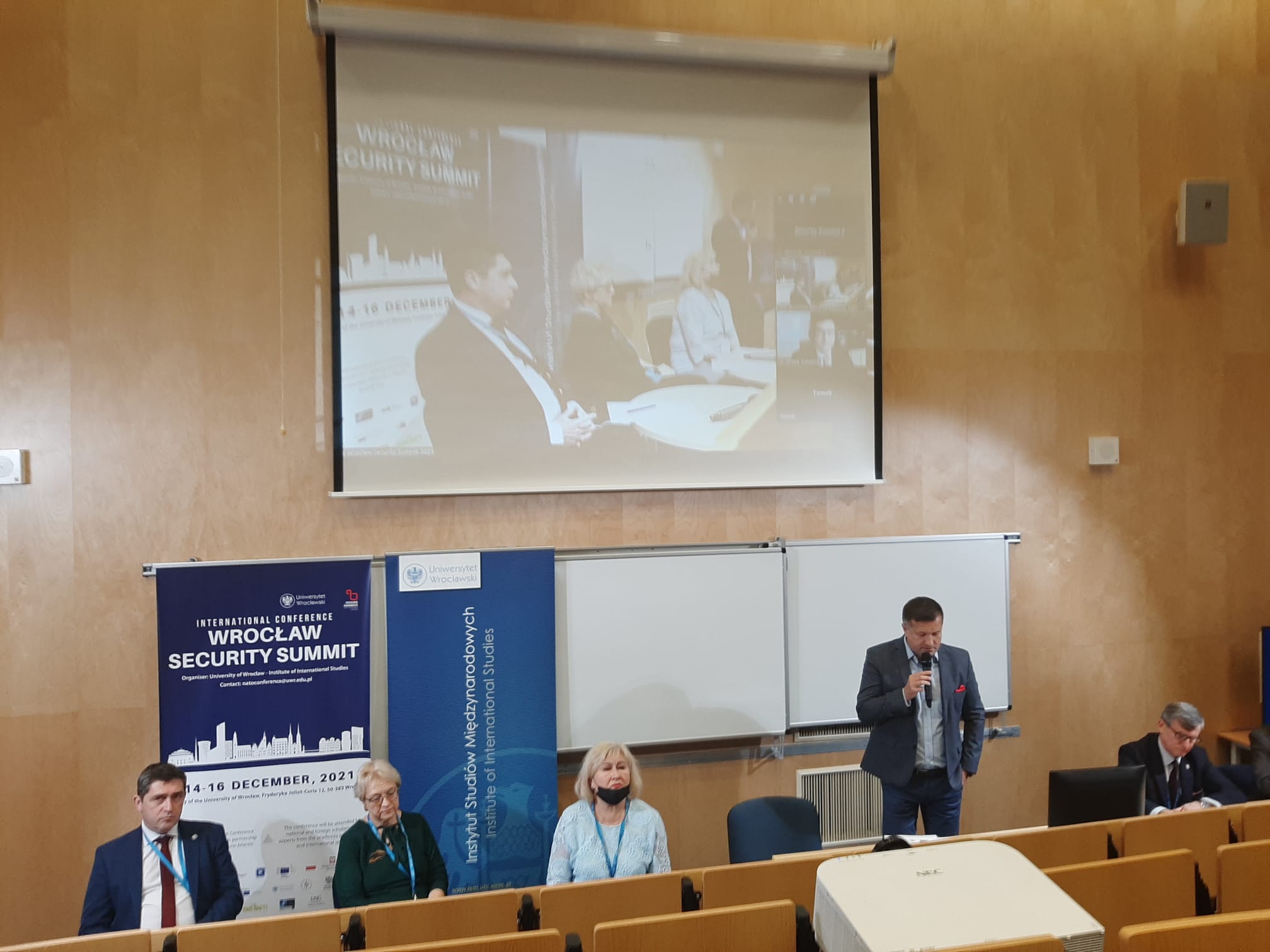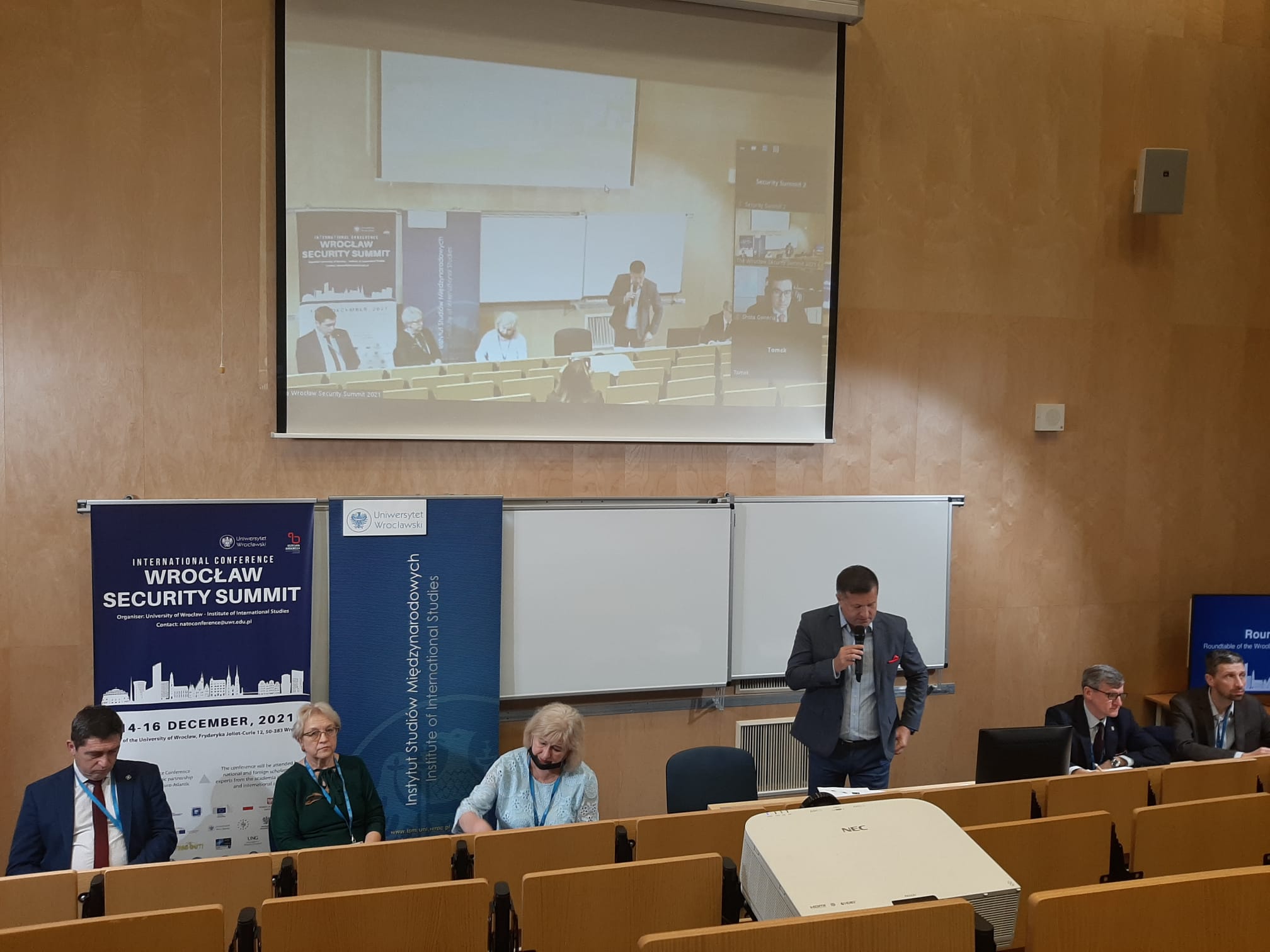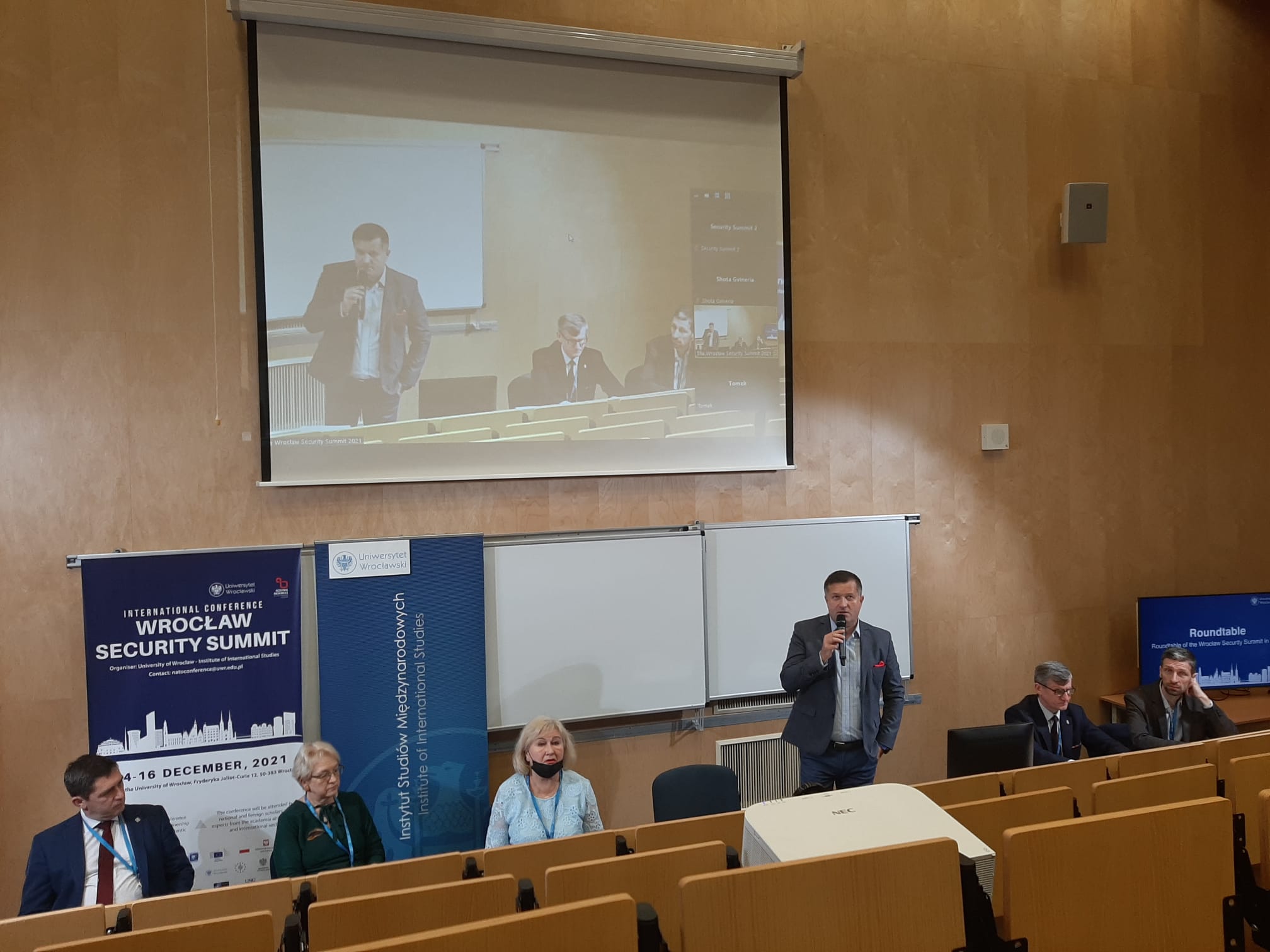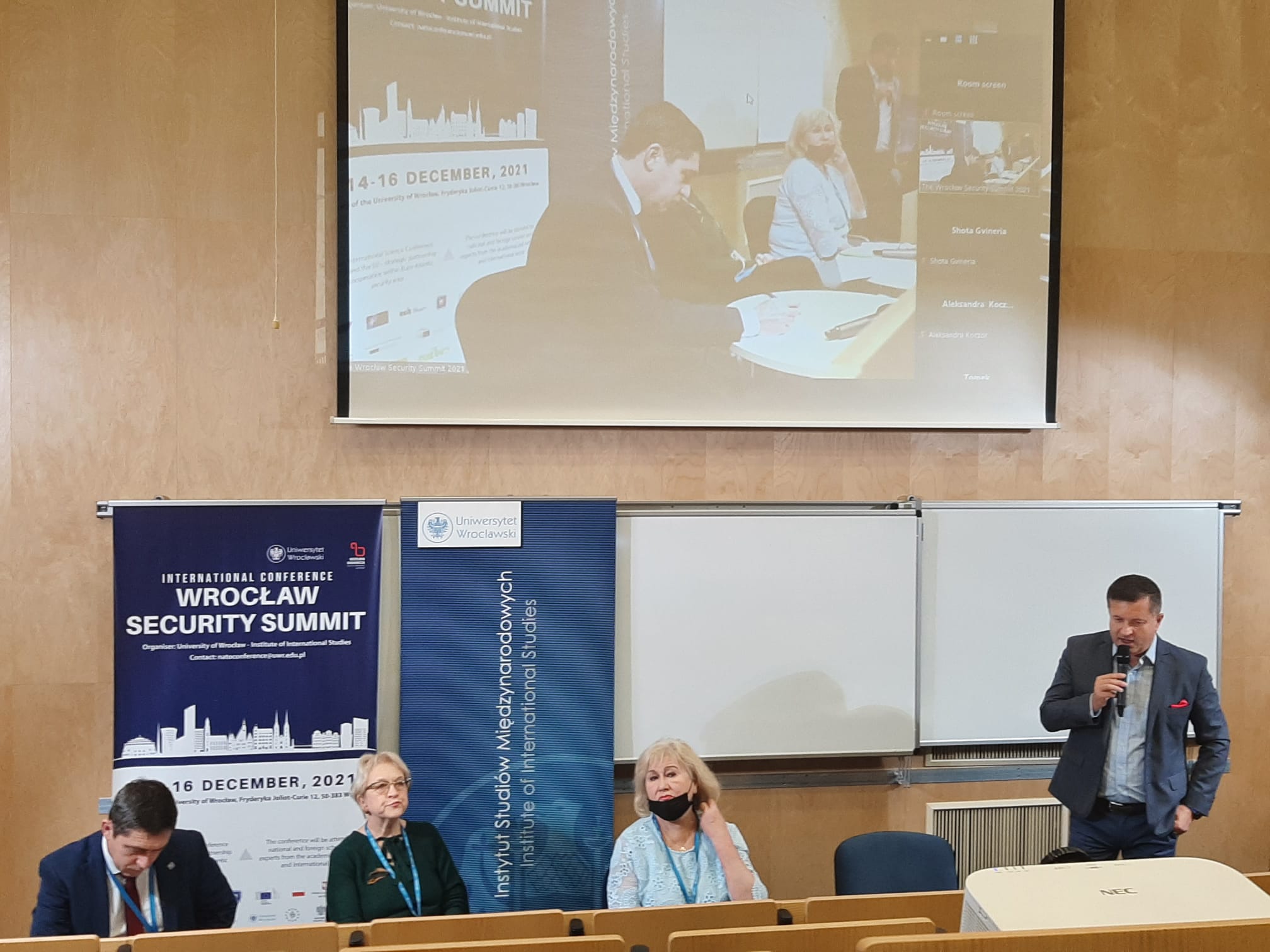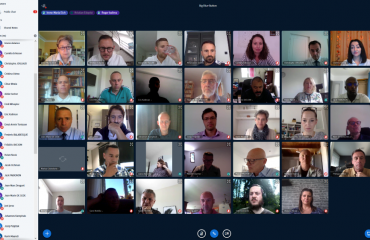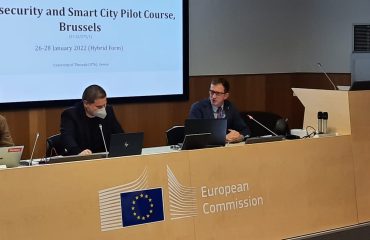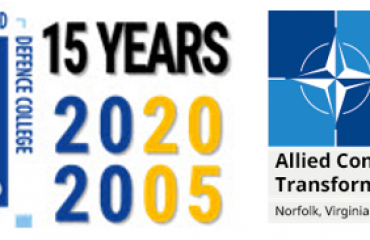 The main goal of the project is to initiate an international debate and to create a consortium of universities and research centres as part of the pioneering and cyclical concept of Wrocław Security Summit, concerning the NATO and EU security policy, based on current doctrines and programs as the basis of the transatlantic and European security and defence architecture.
The international conference is aimed at experts in the field of security and defence as well as representatives of academia. The direct audience of the project will be Polish and foreign specialists in the field of security research, as well as diplomats, officers of the armed forces, experts of analytical centres, and students.
The group of invited experts includes representatives of international organisations, institutions, universities and centers, such as NATO (Belgium), University of North Georgia (USA), European Security and Defense College (Belgium), Centre for European Policy Studies (Belgia), International Institute for Strategic Studies (UK), Stellenbosch University (South Africa), University of Žilina (Slovakia), Baltic Defense College (Estonia), Strategic Research Center, Latvian Defence Academy (Latvia), Taras Schevchenko National University (Ukraine), International Security and Partnership Center (Ukraine), Tbilisi State University (Georgia), The Center for International Studies at the International Black Sea University (Georgia), George C. Marshall Alumni Union (Georgia), Georgia International and Security Research Center (Georgia), National University of Lviv (Ukraine), Igor Sikorsky Kyiv Polytechnic Institute (Ukraine), Ukraine Analytica (Ukraine), Nişantaşı University (Turkey), NATO Joint Force Training Center (Poland), University of Wrocław (Poland), Jagiellonian University (Poland), University of Warsaw (Poland), University of Gdańsk (Poland), War Studies Academy (Poland), Polish Institute of International Affairs (Poland).
The main goal of the project is to initiate an international debate and to create a consortium of universities and research centres as part of the pioneering and cyclical concept of Wrocław Security Summit, concerning the NATO and EU security policy, based on current doctrines and programs as the basis of the transatlantic and European security and defence architecture.
The international conference is aimed at experts in the field of security and defence as well as representatives of academia. The direct audience of the project will be Polish and foreign specialists in the field of security research, as well as diplomats, officers of the armed forces, experts of analytical centres, and students.
The group of invited experts includes representatives of international organisations, institutions, universities and centers, such as NATO (Belgium), University of North Georgia (USA), European Security and Defense College (Belgium), Centre for European Policy Studies (Belgia), International Institute for Strategic Studies (UK), Stellenbosch University (South Africa), University of Žilina (Slovakia), Baltic Defense College (Estonia), Strategic Research Center, Latvian Defence Academy (Latvia), Taras Schevchenko National University (Ukraine), International Security and Partnership Center (Ukraine), Tbilisi State University (Georgia), The Center for International Studies at the International Black Sea University (Georgia), George C. Marshall Alumni Union (Georgia), Georgia International and Security Research Center (Georgia), National University of Lviv (Ukraine), Igor Sikorsky Kyiv Polytechnic Institute (Ukraine), Ukraine Analytica (Ukraine), Nişantaşı University (Turkey), NATO Joint Force Training Center (Poland), University of Wrocław (Poland), Jagiellonian University (Poland), University of Warsaw (Poland), University of Gdańsk (Poland), War Studies Academy (Poland), Polish Institute of International Affairs (Poland).
 The main goal of the conference was to exchange views expressed by representatives of national and foreign research centres and other institutions, dealing with the issues of international security, national security, and military security.
Thematic areas of the conference:
The main goal of the conference was to exchange views expressed by representatives of national and foreign research centres and other institutions, dealing with the issues of international security, national security, and military security.
Thematic areas of the conference:
- Development of national and allied capabilities in the field of building resilience to new types of threats – NATO and the EU cooperation in the face of hostile information and disinformation
- Capacity building in the field of conventional and unconventional forces as one of the basic elements of the NATO strategy
- Russia’s influence on the Euro-Atlantic security system – threats and challenges
- Increase of China’s global importance and consequences for Euro-Atlantic security
- NATO’s policy towards new global challenges and the NATO 2030 process
- Building peace and security in the southern neighbourhood of NATO and the EU
